
19 Breguet Watches
-
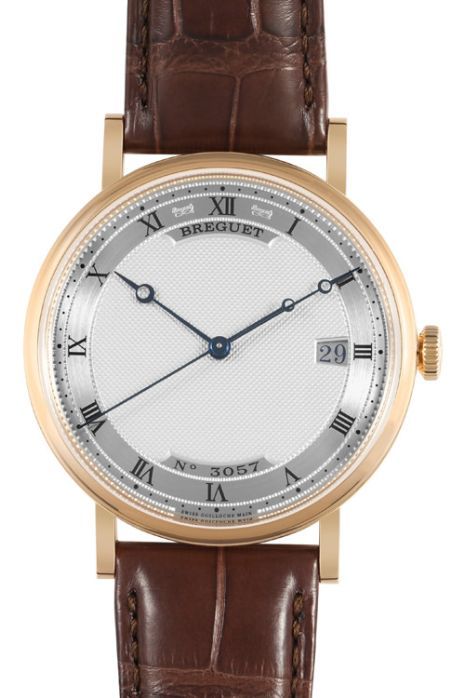
BreguetClassique
NA 38 Mm₹ 13,00,000
₹ 11,00,000
-
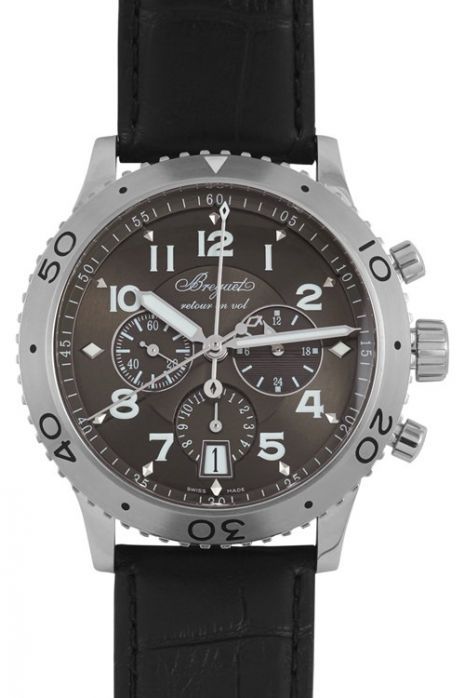
BreguetType XX - XXI - XXII
2016 42 Mmsold out -
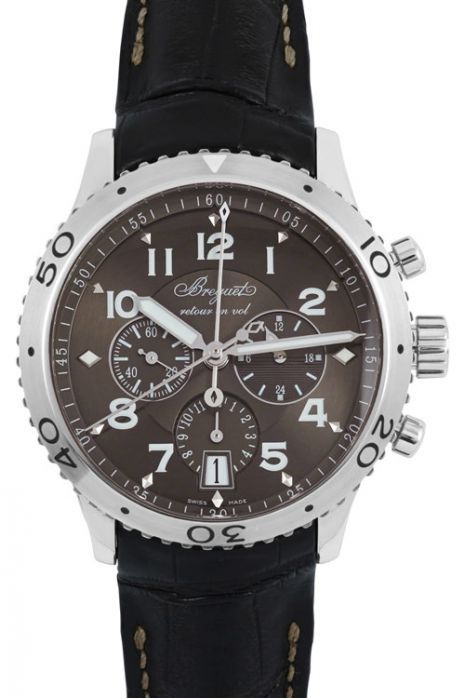
BreguetType XX - XXI - XXII
2016 42 Mmsold out -
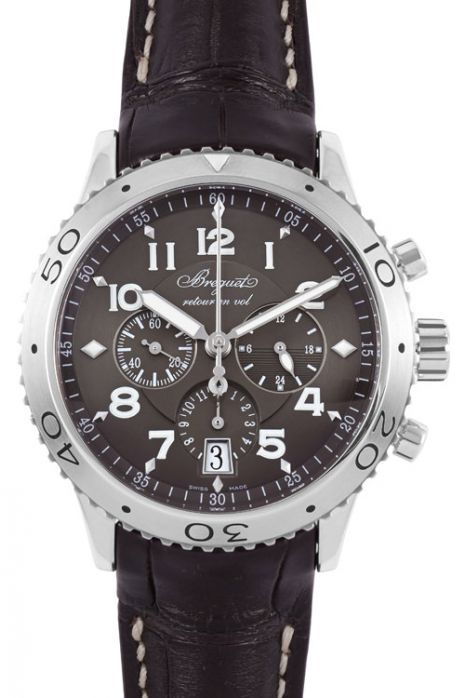
BreguetType XX - XXI - XXII
2005 42.5 Mmsold out -
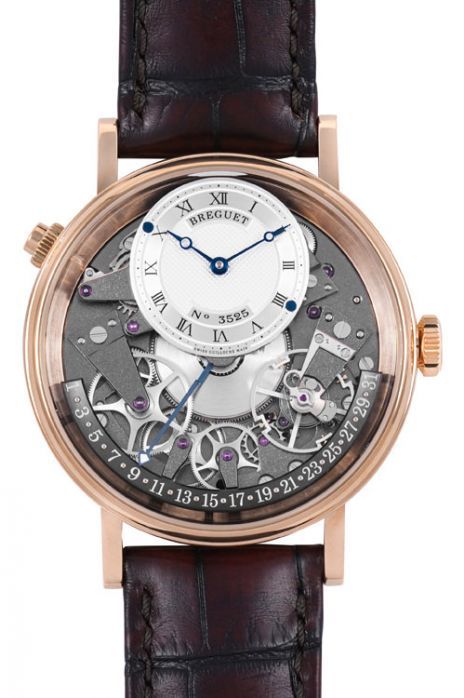
BreguetTradition
2022 40 Mmsold out -
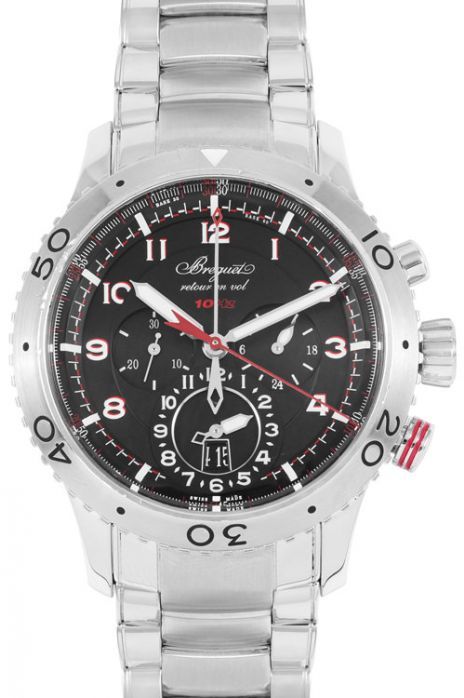
BreguetType XXII
2015 44 Mmsold out -
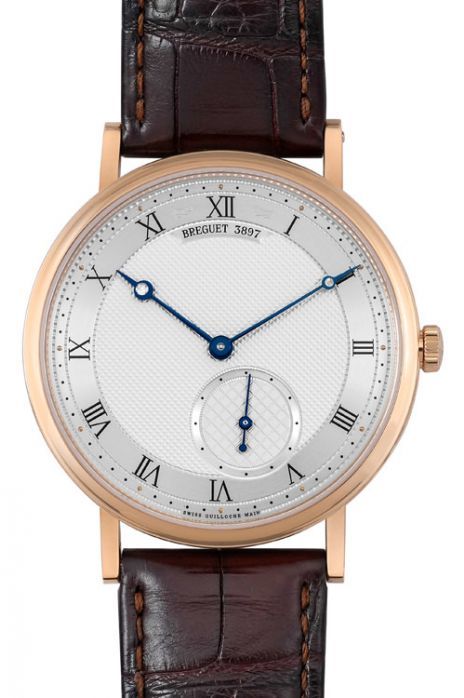
BreguetClassique
2019 40 Mmsold out -
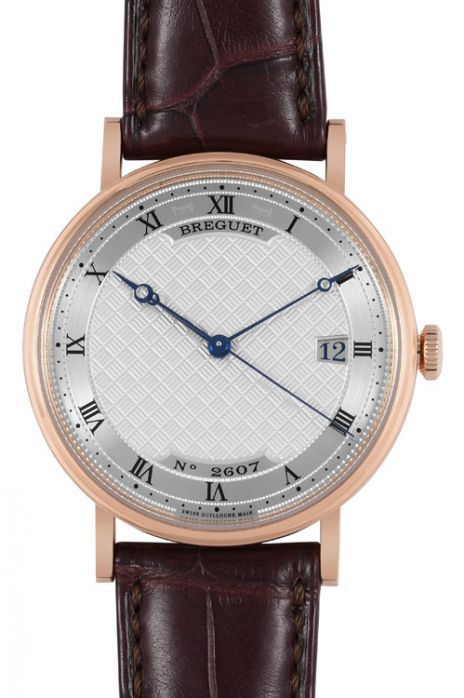
BreguetClassique
2021 38 Mmsold out -
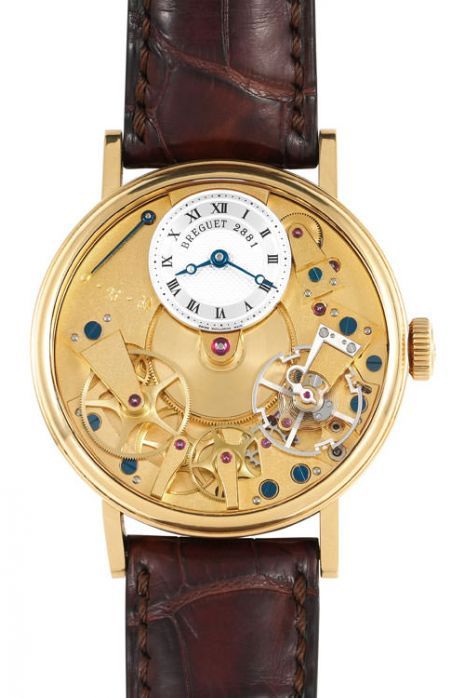
BreguetTradition
2018 37 Mmsold out -
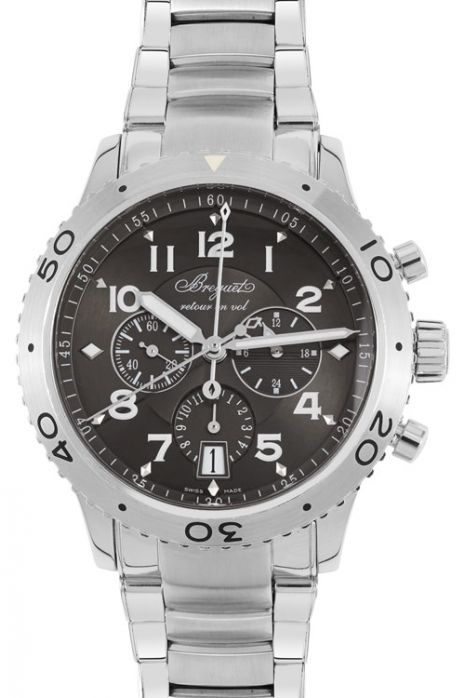
BreguetType XX - XXI - XXII
2013 42.5 Mmsold out -
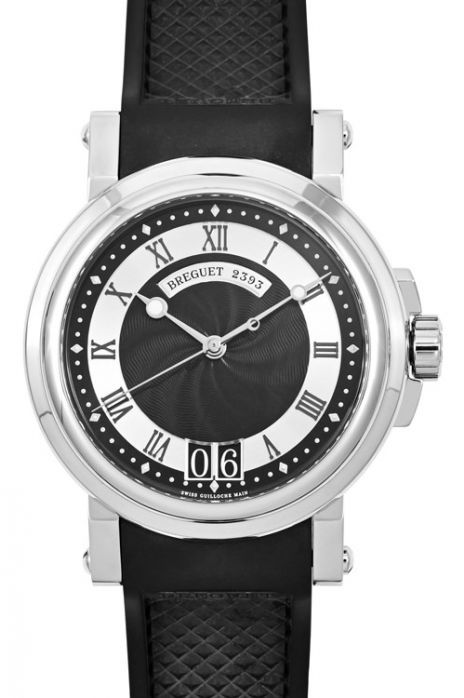
BreguetMarine
2022 39 Mmsold out -
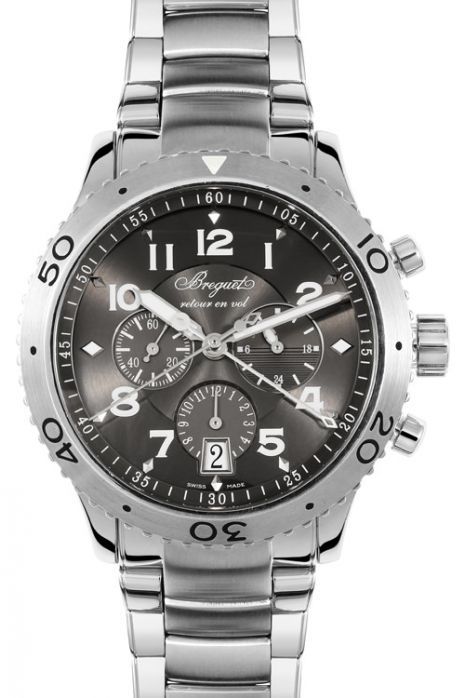
BreguetType XX - XXI - XXII
2012 42.5 Mmsold out -
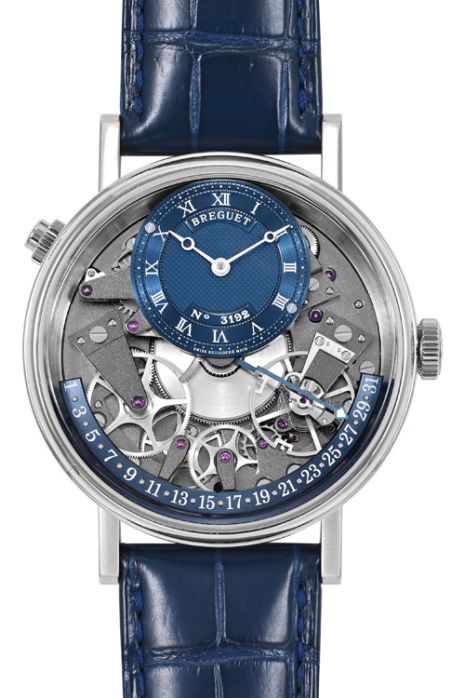
BreguetTradition
2023 40 Mmsold out -
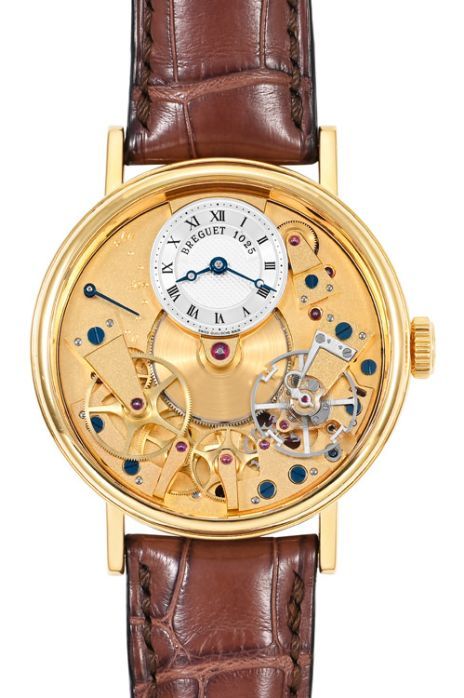
BreguetTradition
NA 37 Mmsold out -
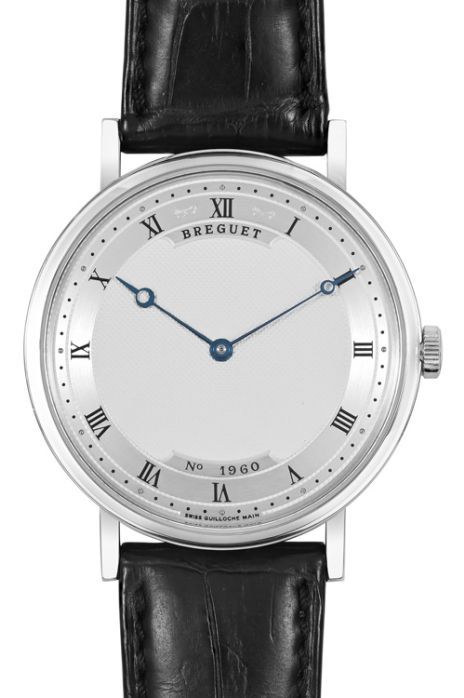
BreguetClassique
2022 38 Mmsold out -
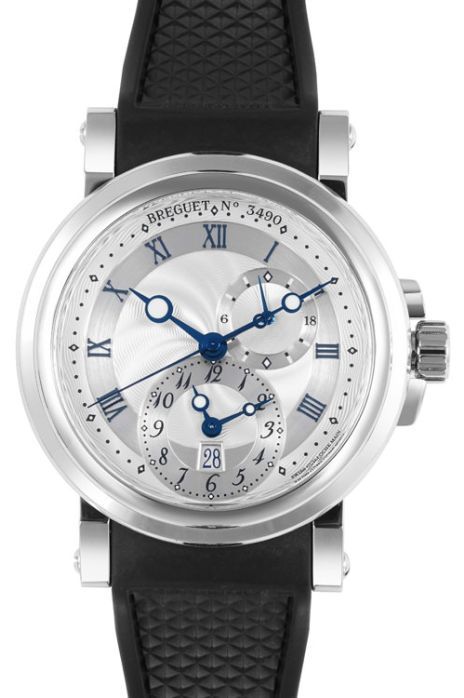
BreguetMarine
2016 42 Mmsold out -
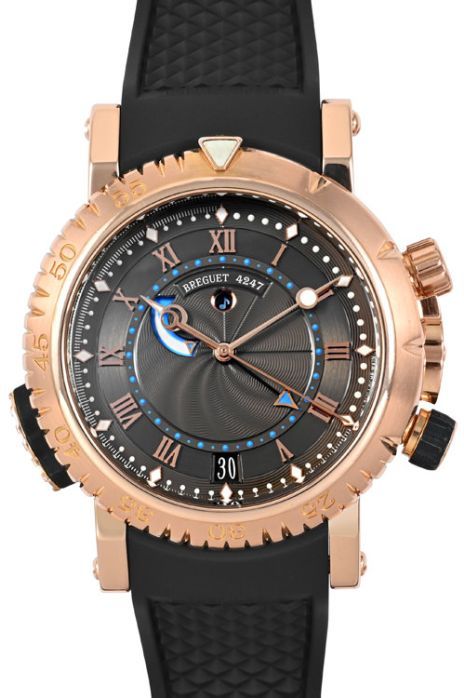
BreguetMarine
NA 45 Mmsold out -
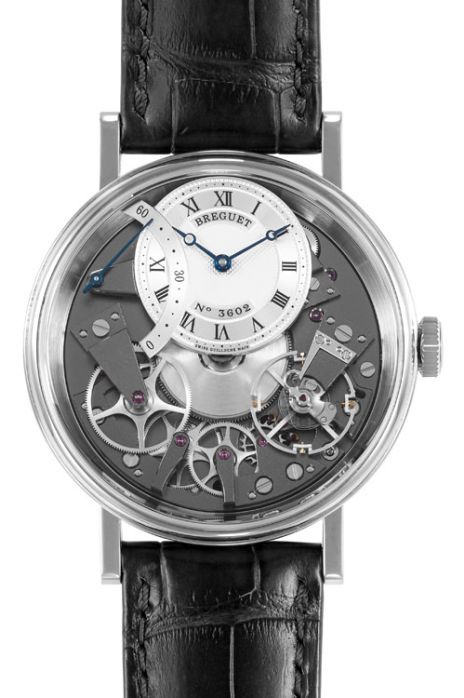
BreguetTradition
NA 40 Mmsold out -
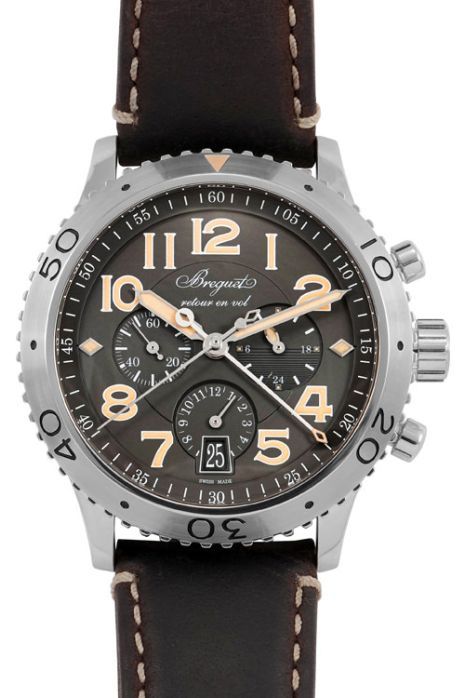
BreguetType XXI
2017 42 Mmsold out
Breguet Watches - The Great Inventor and His Ventures
The name of Abraham-Louis Breguet stands as an iconic imprint in the world of horology. Before Breguet the brand could emerge as a contributor to the horological history, it was the man who along with his exceptional understanding of physics and a keen eye for horological art brought about a cultural revolution that set irrefutable standards that the world lives by.
A.L.Breguet began his watchmaking journey in Paris where he spent most of his productive time. It was in Paris that Breguet performed his groundbreaking inventions and introduced the self-winding perpétuelle watches, gongs for repeating watches, and the very first shock-protection made for balance pivots. After the momentum of the French Revolution had died down, Breguet returned to Paris with ideas that birthed the Breguet balance-spring, the first carriage clock, sympathique clock, the tact watch, and the revolutionary tourbillon. The tourbillon, which became the finest horological device on which several other companies continue to make improvements, was made to counteract the effects of gravity that could create inaccuracies in timekeeping. Creating and patenting this famous corrective escapement in 1801 may be one of the greatest inventions of Breguet.
The pioneer had notable patrons like Louis XVI, Mary-Antoinette, and Napoleon Bonaparte, who were thorough admirers of Breguet and recognised his capability in producing significant horological improvements. Breguet became an integral contributor in the fields of science and military and had several clients throughout the European landscape. The maestro is also known for his attention to his most celebrated clients, like the queen of Naples for whom he invented the world’s first wristwatch in 1810.
Today, Breguet continues to live on with the same philosophy of innovation that defined its inception, currently, under the care of Marc A. Hayek, the son of the famous watchmaker, Nicolas G. Hayek.
Breguet Watches - The Mechanism of Fine Watchmaking
Many pivotal components that go into making a luxury watch have either been invented or modified in the house of Breguet. These notable additions include the perpetual calendar, gong-spring, tourbillon, equation of time, and chronograph, to name a few. Breguet's innovative mind and his zeal to create made him no less than a scientist who strove to bring about a paradigm shift in the methodologies of perceiving time. His technique and ideation still form the fundamental structure of luxury watches.
However, invention was not the endpoint of Breguet's standard. The brand equally stresses the necessity of innovation to stay up to date with the needs of the age. Not long ago the brand was imperative in creating the very first instant dual time-zone device. The tradition of travel watches was revisited with the use of a pushbutton to switch time zones in a jiffy. Similarly, the engineers at Breguet have adopted the use of silicon due to its anti-magnetic properties and reduced noise, energy consumption, and wear. In 2006, silicon found its way in the manufacture of movement parts in watches led by Breguet. Many of the Hora Mundi series and Classique Dame feature the use of silicon. In 2010, a Type XXII reference 3880 ST with a frequency of 10 Hz, which improved the performance of balance. This innovation found its place in the Type XXII model and Classique Chronometrie model.
Each of Breguet’s timepieces is endowed with a number of unique characteristics that complement the creations. For instance, the hallmark engine-turned dials in gold or silver present a close parallel to the precision and regularity of the mechanisms within. Similarly, Breguet's hands, the founder's selection of hollow, sleek hands with an eccentric 'moon' tip; fluted case bands resembling a coin; unique Arabic numerals by the hand of A.L.Breguet himself, are some of the unmistakable signs of a true Breguet watch.
Breguet Watches Philosophy - Fascination for Innovation
Breguet lives by the mantra that puts innovation to the forefront of their fine watchmaking. The legacy of A.L.Breguet piqued prominently in the hands of his son and grandson, to finest contemporary craftsmen like Daniel Roth and especially Nicholas G. Hayek in 1999 who uplifted the popularity of the brand further with their skilled understanding of the craft.
Marc A. Hayek, the current president of the house of Breguet, finds a resonance between the brand's history and philosophy to push the boundaries of horological expertise and aesthetic imagination. The present timepieces from the Manufacture Breguet are thus a careful amalgamation of history, culture, and emotions. His motto is to bring the culture of the past to meet the present needs and provide tangible improvements to the historical timepieces.
From the brand’s inception, Breguet has delved into great depths of science and astronomy to provide novel solutions to the needs of the then European society. Following the same temperament in its present framework, the engineers and watchmakers pay close attention to research and technology in order to cater to the futuristic demands of contemporary times. All this has culminated in Breguet's flagship collections consisting of various innovative timepieces, that seek to push the boundaries in the horological world.